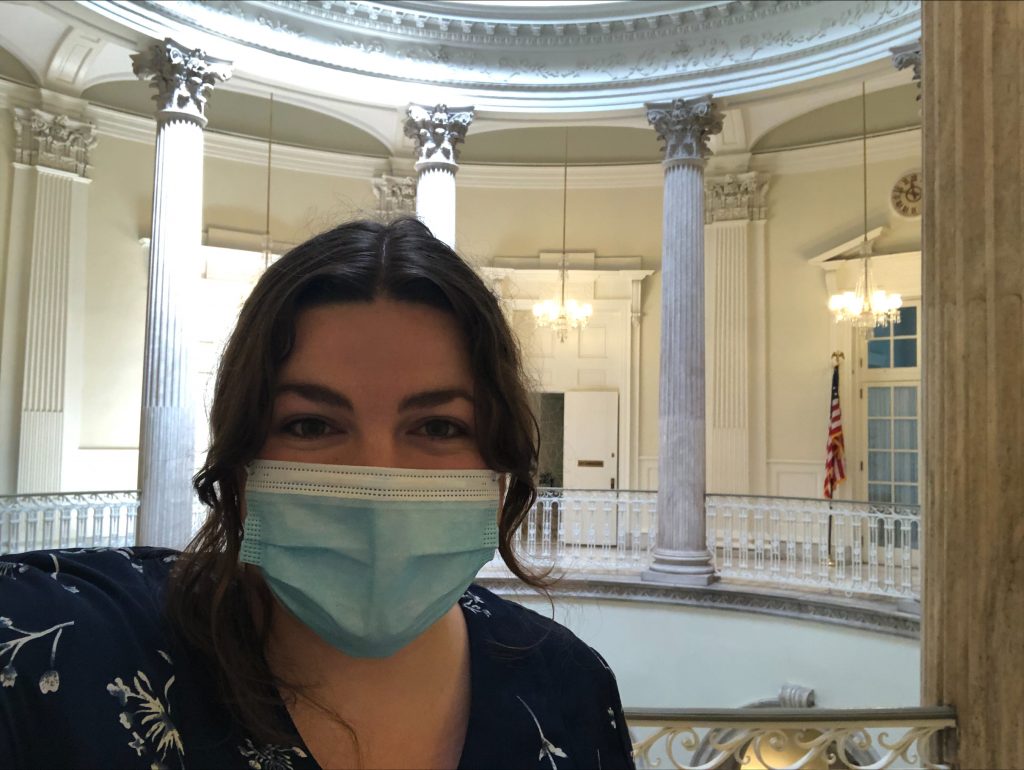
Energy equity
Allie joined TPP after completing a B.S. in Chemical Engineering at MIT and working as an Energy Consultant at Guidehouse. She is passionate about climate justice and energy equity, and plans to pursue a career focusing on these topics in policy and government. Allie enjoys skiing, houseplants, cooking, biking, and trying new things.
What is the focus of your research? What sort of knowledge and disciplines does it bring together? How will it make an impact?
My research focuses on how climate and energy-related policies address (or unfortunately omit) issues of equity and affordability, especially related to buildings and housing. I am looking at a specific type of policy, often called Building Performance Standards (BPS), which are laws or ordinances that require buildings to meet certain energy or emissions limits over time. My research seeks to understand how different policies towards affordable housing within BPS impact the existing disparities in energy efficiency and energy affordability. This research brings together technical aspects of energy efficiency and qualitative assessment of downstream impacts of complex policies. The goal of my research is to produce recommendations for how cities and states considering BPS policies can best advance principles of equity.
This past summer you interned with the New York City Mayor’s Office of Climate and Environmental Justice. Who were you working with and what were you doing?
I worked primarily with the teams from the Mayor’s Office of Climate and Environmental Justice (MOCEJ) and Department of Buildings (DOB) that are focused on the implementation of NYC Local Law 97. Local Law 97 is NYC’s building emissions reduction ordinance, and requires most buildings over 25,000 square feet to comply with progressively stringent emissions limits, beginning in 2024. My work with the Mayor’s Office focused on a specific piece of the law, which allows buildings to deduct up to 10% of their emissions through the purchase of carbon offsets. I identified the type of offsets to be recognized under the law, determined the appropriate carbon offset methodologies to be authorized, and worked with relevant stakeholders to prepare for the future offset program.
How does the internship connect to your current research and future plans?
My internship confirmed my interest in working in climate policy, and made me really excited about the opportunities in city-level policy. Cities are doing so much to address climate change mitigation and adaptation on the ground, and some of the brightest people are working on these challenges! My internship also helped me focus my research on a specific aspect of energy equity, and I am looking forward to diving deeper into this topic in the coming year.


